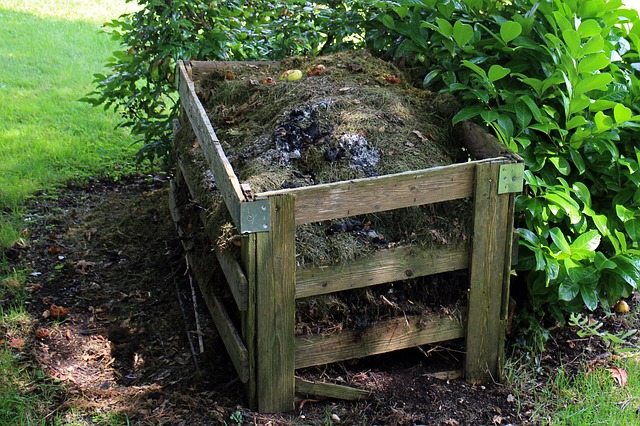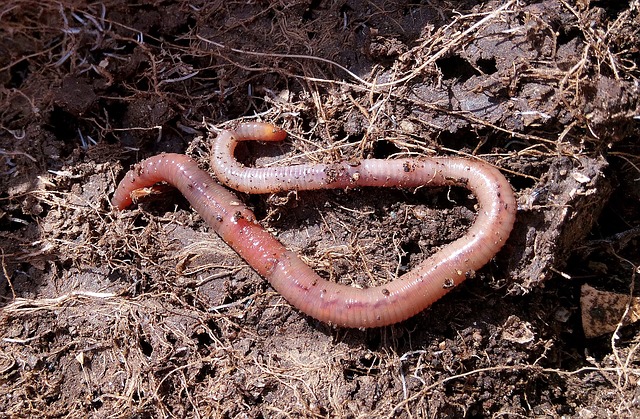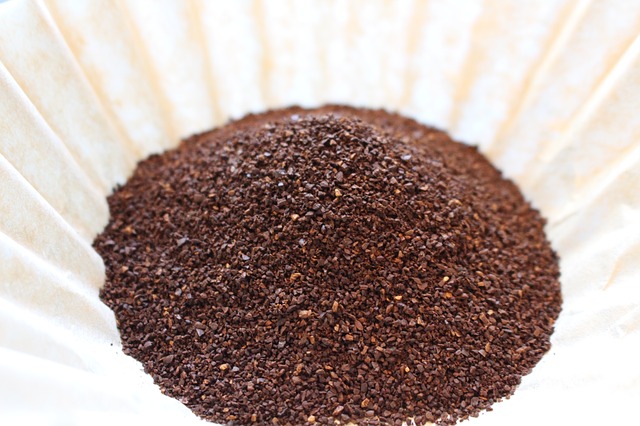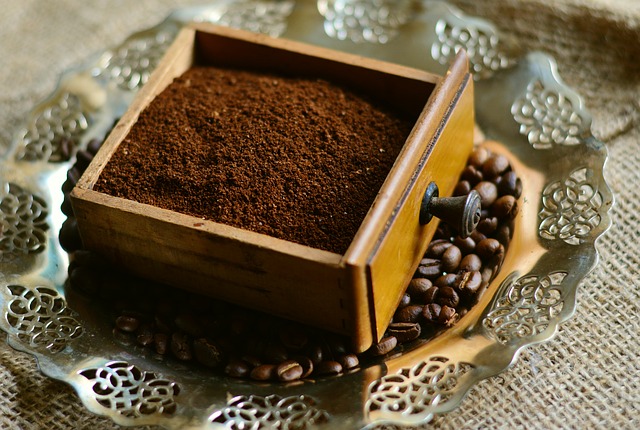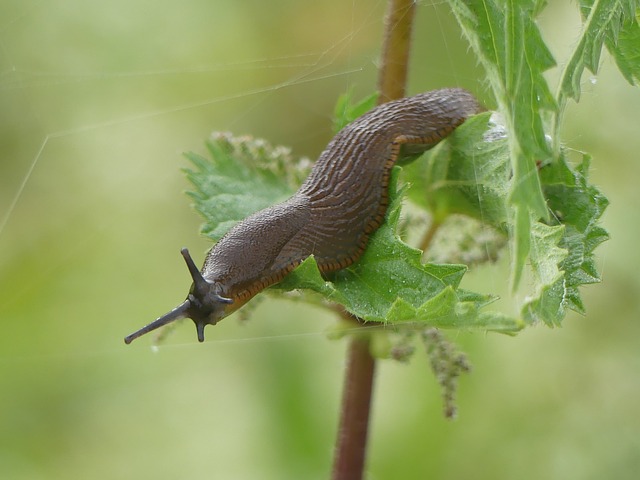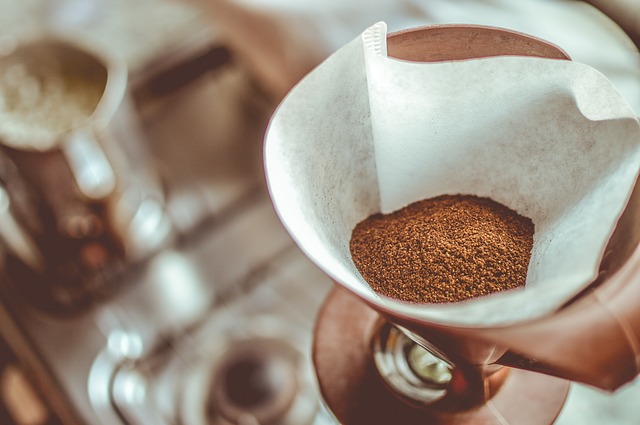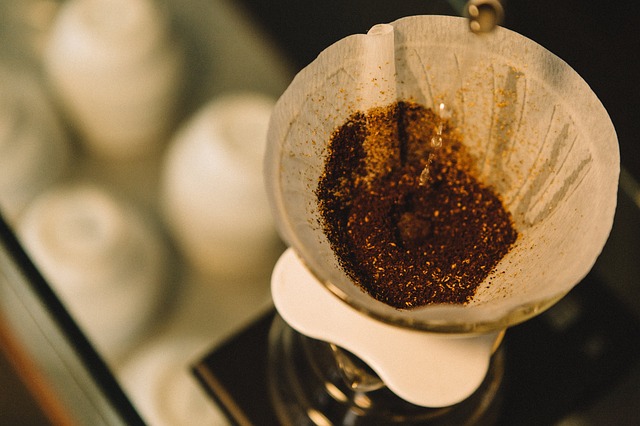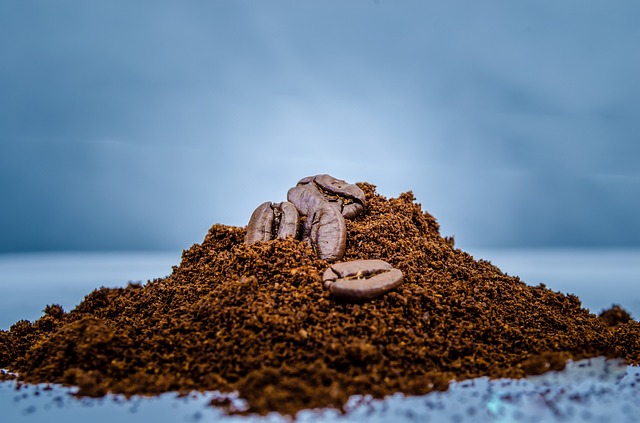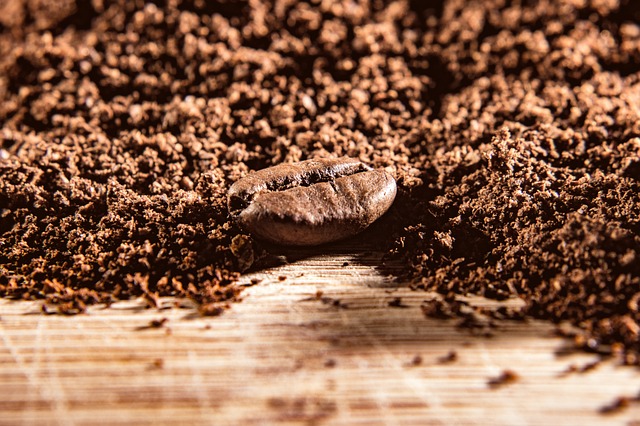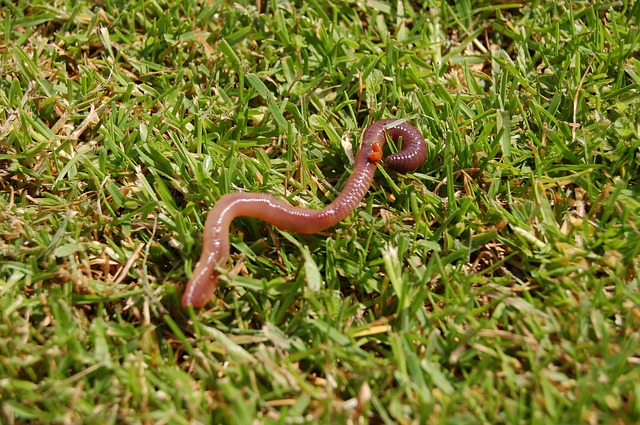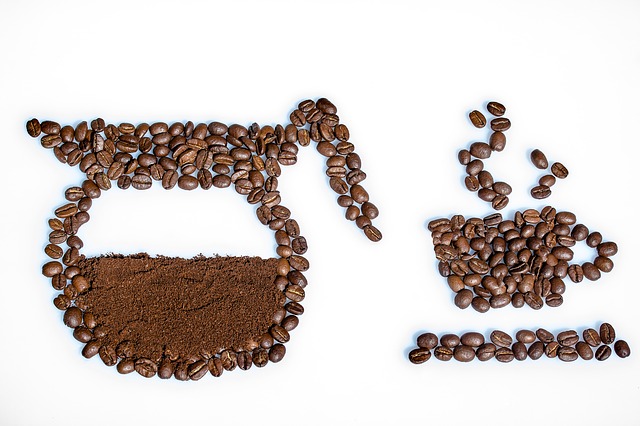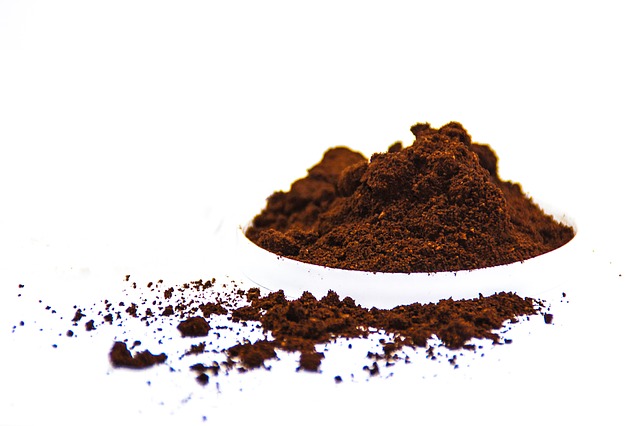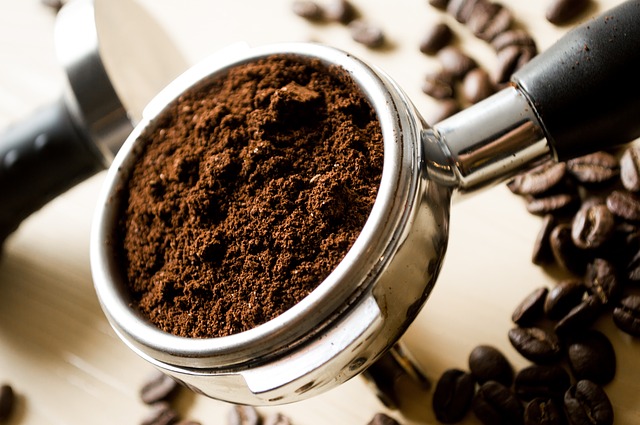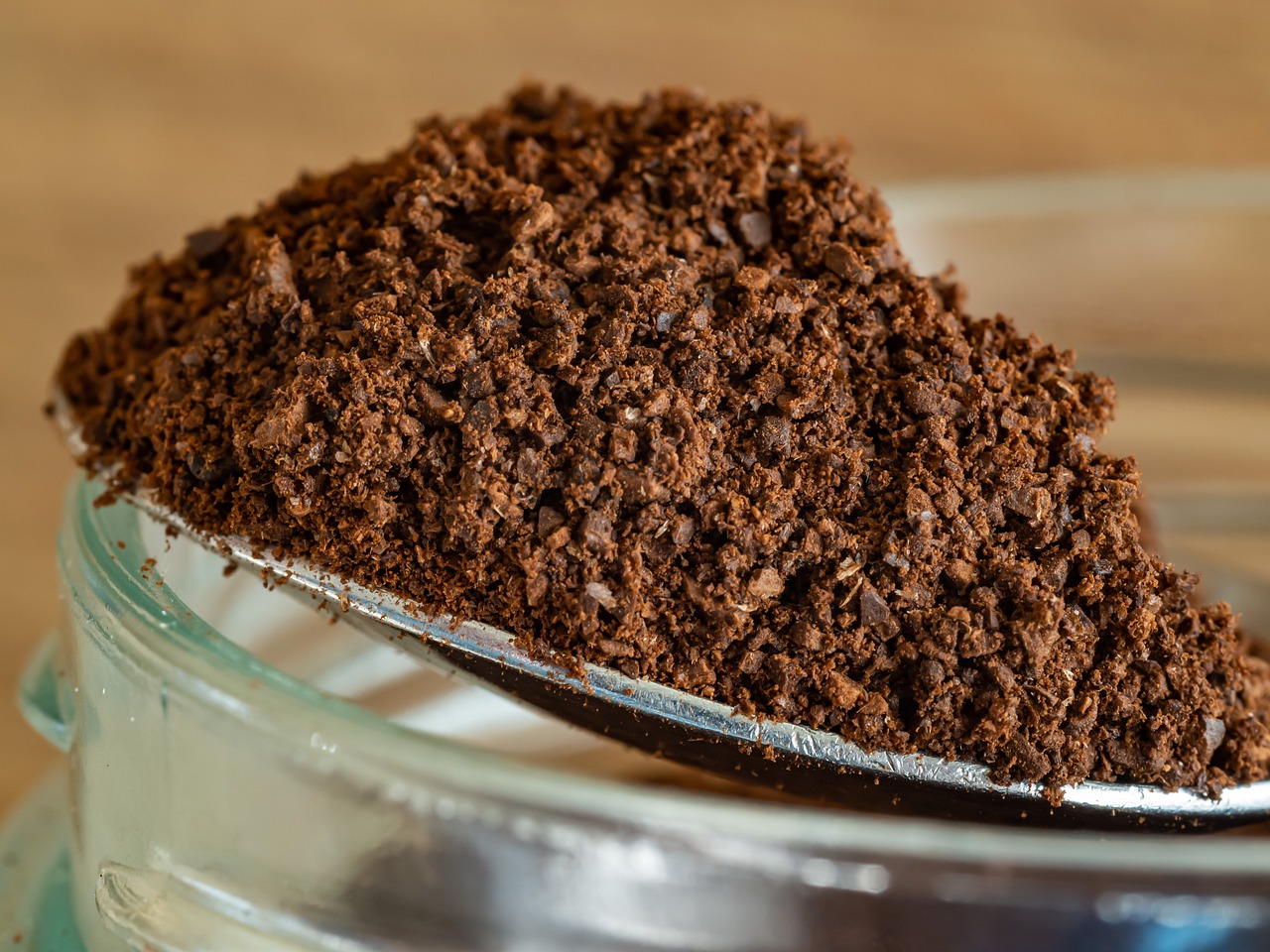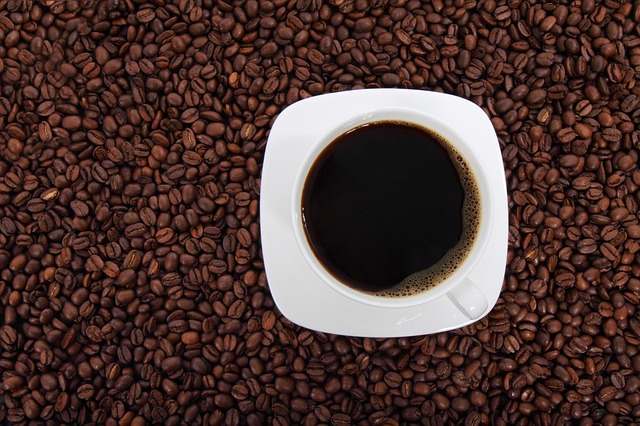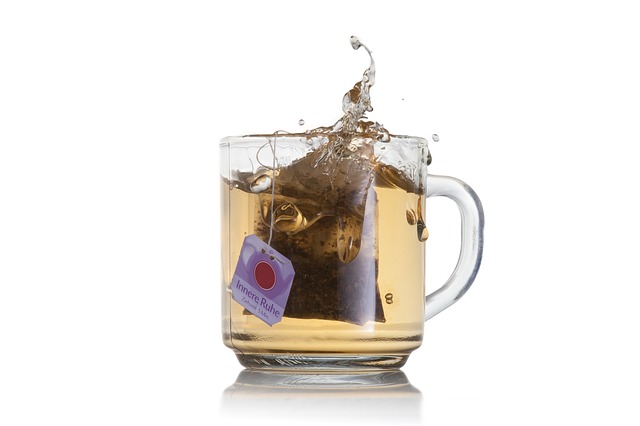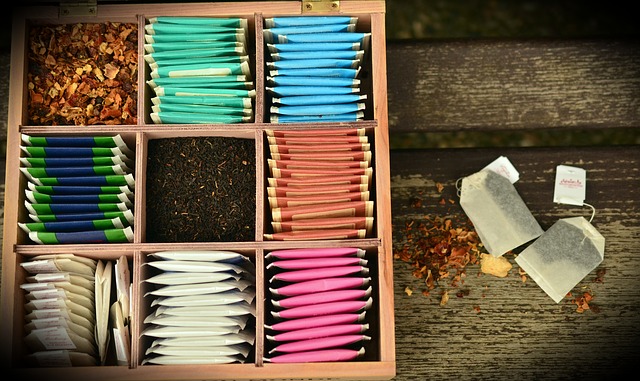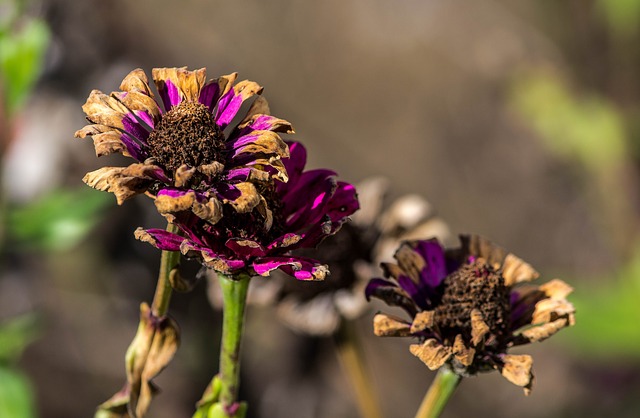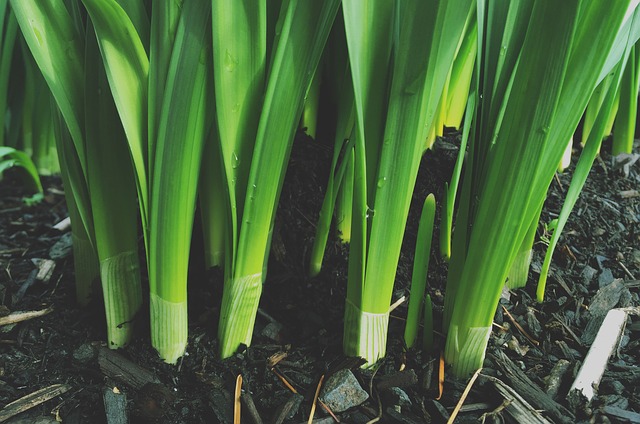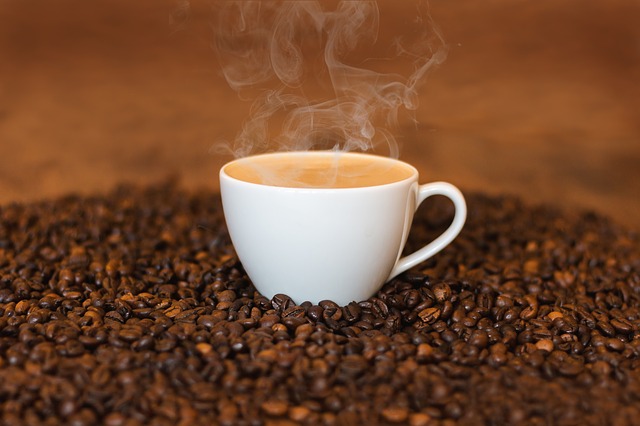
It’s estimated that over two billion cups of coffee are consumed around the world each and every day. And that’s an enormous volume of grounds which are used and then tossed in the trash. By using coffee grounds in compost instead, you can help cut down on waste and provide a boost to your garden as well.
Are Coffee Grounds Green Or Brown Compost?
Compost needs both “green,” and “brown,” materials. (Typically you want two to three times the amount of green to brown.) “Green,” materials are those which are high in nitrogen while “brown,” materials are high in carbon.
Despite their brown color, coffee grounds are considered a green compost material. They are actually very nitrogen-rich and have a nitrogen to carbon ratio of around twenty to one. This is high enough that it makes them a suitable alternative to fresh grass clippings, which are a favorite nitrogen booster of many long-time composting gardeners.
How To Add Coffee Grounds To Compost
There’s nothing special you have to do when adding your coffee grounds to your compost. Simply toss them right in. However, you may want to immediately follow them up with some “brown,” materials to ensure your pile or bin stays balanced. While new coffee grounds are considered acidic, this is not the case once they have been used to make coffee.
The pH of used coffee grounds can actually range from slightly alkaline, to neutral, or slightly acidic. These levels can also change as the coffee decomposes in the compost over time.
Because of this, when adding coffee grounds in the compost, you’ll want to make sure you don’t put in too much. While adding very small amounts can be beneficial, a good rule of thumb is to keep grounds at between ten to twenty percent of your entire compost pile. Anything over that could cause harm rather than helping.
Benefits To Compost
Other than adding nitrogen to compost coffee grounds along with other kitchen scraps such as orange peels, eggshells, and used tea bags, help to add a diversity of organic materials to your compost. And that diversity helps to support a wide range of helpful microorganisms.
Grounds can also be a source of food for larger decomposers such as earthworms. (For this reason, grounds are also often added to worm farms and bins.) Once digested the worms turn the grounds into nutrients such as carbon and nitrogen which are released back into your compost
As worms feed on the grounds they are often pulled deeper down into the pile. And this can help to improve the overall structure of the compost. As the coffee grounds gradually decompose they also produce important components of humus. Interestingly the bacteria and fungi which form on decomposing grounds help compost too. They actually prevent harmful molds, bacteria, and fungi from becoming established.
Can You Compost Coffee Filters?
Many gardeners wonder if they can also compost coffee filters as well. And the answer is yes! Paper coffee filters can be composted. Despite being made from natural materials there is actually no way to recycle them. So if they aren’t composted they are sure to end up taking up space in your local landfill. The same goes for paper towels, paper napkins, and uncoated paper plates too. So don’t forget to add these items to your compost bin or pile as well.
Save That Coffee Can
If your coffee comes in a can, you can re-use it to help you with your composting effort as well. Cans are ideal for storing not just grounds, but also other kitchen scraps and items that you collect over the course of the day which will be composted. Their tight-fitting lid will be sure to keep any smells contained. And you can even place your can right on your kitchen counter without it looking out of place or anyone suspecting what you’re keeping inside.
Scoring Free Coffee Grounds For Compost
If you’re not a coffee drinker yourself, or you’d simply like some extra grounds, there are a few options. You definitely don’t have to buy used coffee grounds, because with a small amount of effort you can almost always get them for free. Local coffee shops can be a great source of free grounds. Just be sure to talk to the owner or manager before you show up with a bucket in hand.
You’ll want to find out what days and times they typically get rid of their used coffee grounds that way you don’t end up wasting time. This can also help you to get to the grounds first before any other competing composters do and will minimize wasted time. Some coffee shops may even leave grounds out either inside or outside of the store for anyone who wants them.
And for those who don’t mind getting dirty, “dumpster diving,” is always an option. You may also want to think about asking for used grounds at less obvious choices such as supermarkets and convention centers. If you work in an office, break rooms and cafeterias can also offer large amounts of grounds regularly too.
By using coffee grounds in compost you’ll be sure to enhance its quality. And that means when your compost is added to your garden your plants will reap the benefits of more nutrients, better soil structure, organic material, and helpful microorganisms.
Start Shopping for Composting Supplies!
Does Copper Tape Stop Slugs?
Does copper tape stop slugs? The answer is yes. And you can use this simple solution to keep your plants safe from those slimy plant-eating pests. Repel Slimy Garden Invaders Without Harm Despite being relatively small and very slow-moving, slugs can do a lot of...
Coffee Grounds For Flowers
For many of us, there’s nothing we’d rather do than relax with a cup of coffee near the flower garden. Most people don’t realize however that the grounds used to make our coffee can help to increase the health and beauty of our garden. Here’s what you’ll need to know...
Coffee Grounds For Roses
Using coffee grounds for roses is a fabulous way to improve the health of your plants, helping them to produce those gorgeous flowers you’ve been dreaming of. But there are a few things you’ll need to know before getting started. Conditions Roses Prefer Roses do best...
Do Roses Like Coffee Grounds?
Do roses like coffee grounds? This is something many gardeners wonder about, especially since feeding roses coffee grounds has been a practice that’s been around a very long time. The answer is yes they do, and here’s what you’ll want to know. Roses And Acidic Soil...
How To Use Coffee Grounds For Grass
You’ll want to think twice before you toss your used coffee grounds in the trash every day. Those grounds can actually be used to feed and increase the health of your lawn. Here’s everything you’ll want to know about using coffee grounds for grass. Advantages Of...
Are Coffee Grounds Good For Grass?
Are coffee grounds good for grass? The answer is yes, so you may want to think twice before throwing away your used grounds after your morning cup of coffee. Instead, you can put them to work helping increase the beauty of your lawn. Benefits Of Using Coffee Grounds...
Are Worms Good For Your Lawn?
Despite their slimy looks worms are well-known for being very helpful in the garden. But are worms good for your lawn? You bet they are, and here’s why! Aeration As worms travel from place to place in the soil below your lawn, they create a maze of tunnels. And those...
How To Use Coffee Grounds For Snails
You don’t have to kill those annoying garden snails in order to keep them from eating your plants. In fact, you can use your morning coffee as a non-lethal weapon against them. When they come into contact with your coffee grounds snails will turn right around and...
How To Use Coffee Grounds For Ants
There are endless sprays and poisons you can use to get rid of ants. However, you won’t have to look any further than your morning cup of coffee if you’d like a repellent that doesn’t contain any harmful chemicals. By using coffee grounds ants will stay away and kids...
Which Plants Like Coffee Grounds?
While using coffee grounds in the garden offers quite a few benefits, they can be slightly acid and therefore not appropriate for all plants. So which plants like coffee grounds? Here’s what you’ll need to know. The Basics Of Coffee Grounds Coffee grounds contain...
Coffee Grounds And Hydrangeas
While many people love their hydrangeas, they often would love them even more if they were blue. Luckily the grounds from your morning cup of coffee can help you to achieve those gorgeous blue blooms. Here’s what you’ll need to know about coffee grounds and...
Coffee Grounds For Worms
Worms are an extremely helpful component of any compost bin or pile, not to mention worm farms. And it turns your morning cup of coffee can contribute to their diet. Using coffee grounds for worms is an easy way to keep them from heading to the local landfill while...
Using Coffee Grounds In The Garden
Your morning cup of coffee can help you to not only start your day off right, but in the garden as well. The grounds used to make it have many important properties that are ideal for both plants and soil. By using your coffee grounds in the garden you’ll be able to...
Used Tea Bags In The Garden
Many people don’t realize that once you’ve had a cup of tea, your tea bag can be used again in quite a few other ways. There are actually many great uses for used tea bags in the garden. And here are some of the best! Free Natural Fertilizer The tea leaves and...
Used Tea Bags In The Compost
The next time you have your daily cup of tea, you may want to think twice about throwing that tea bag in the trash. Instead of contributing extra waste to landfills, you can help the environment and your garden by placing used tea bags in the compost. But before you...
5 Eco-Unfriendly Things You Do That Kill Your Garden
Any budding gardener out there wants to do the best for their garden and their plants. But are you accidentally causing it harm? Here are five eco-friendly things you do that kill your garden: Buying Plants that Contain Pesticides You may not use pesticides yourself...
7 Reasons You Need to Start Gardening Now
Looking for a fun hobby to help you relax? Get outside and get to work in a garden. Gardening has a variety of benefits for your mental, physical and spiritual health. Wondering how tending to plants can help you tend to your health? Here are seven ways gardening can...
Quick Tips To Speed Up Compost Times
Compost is an excellent soil conditioner and natural fertilizer. However, it can take quite a while for it to break down into a form that you can use. Luckily there are a handful of simple things you can do to help speed up compost times without much effort. Size In...
6 Common Types Of Soil Deficiency And How To Solve Them
Unfortunately, not all soil has the nutrients that plants need to grow and thrive. In some cases, it may be lacking in one area or another and therefore need a boost. Here are the most common types of soil deficiency and the best ways to deal with each of them....
The Best Places To Find Free Composting Materials
Many people are interested in composting but feel like they don’t have access to enough organic materials. Luckily there are a range of places you can find free composting materials to get started or make your current pile bigger. Here are some of the best and easiest...
